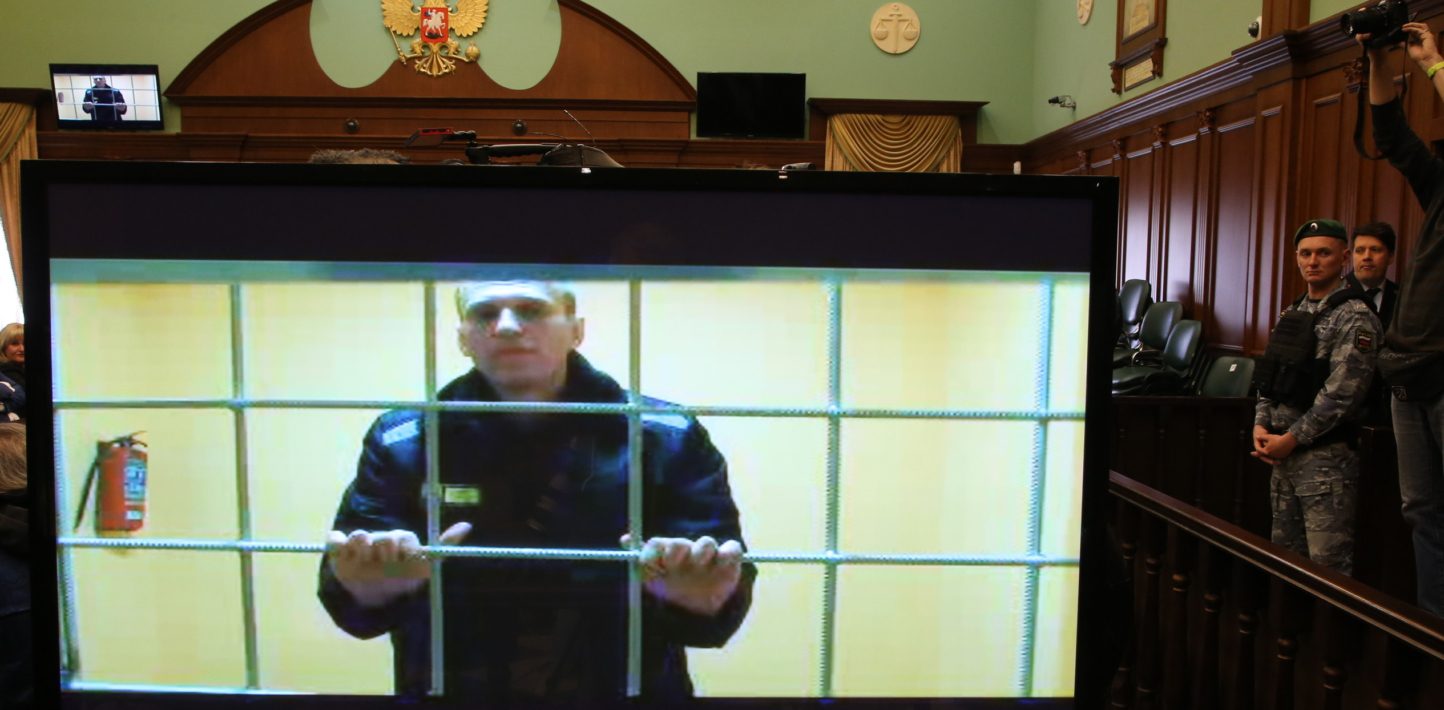Reacting to the arrest of three of Aleksei Navalny’s lawyers on charges of “participation in an extremist organization”, Amnesty International’s Eastern Europe and Central Asia Deputy Director, Denis Krivosheev, said:
“As part of their ongoing vendetta against Aleksei Navalny, the Russian authorities have just attacked one of the last lines of defence for Navalny and further undermined the rule of law in Russia. Lawyers are often the only connection between the detained suspect or prisoner and the outside world.
“By arresting Navalny’s lawyers, the Russian authorities are violating their human rights and undermining the legal community in Russia, as well as depriving Navalny of what little protection he could have from further ill-treatment. The arrests also send a clear message to all lawyers in Russia that performing professional duties may cost them dearly, if they are representing the Kremlin’s foe.
“This criminal case serves to ensure complete isolation of Aleksei Navalny, who has been denied visits and phone calls with his family for over a year. It seeks to severely penalize anyone who supports or is associated with him, even if this association constitutes professional duty. Russian authorities must immediately stop arbitrary prosecution of lawyers Vadim Kobzev, Aleksei Liptser and Igor Sergunin.”
Background
In the morning of 13 October 2023, Russia’s police and Investigative Committee conducted searches at the homes and offices of three attorneys, Vadim Kobzev, Aleksei Liptser and Igor Sergunin. They all have been representing Aleksei Navalny.
The investigation against the lawyers is reportedly conducted under Article 282.1 of the Criminal Code for “organization of an extremist group”, although details of the precise allegations are unknown. Depending on the specific qualification, the charges may lead to up to 10 years’ imprisonment.
Aleksei Navalny, a leading Russian opposition figure, was arrested on 17 January 2021 when he returned to Russia after receiving treatment for poisoning with military-grade nerve agent. He was imprisoned on politically motivated charges, and his prison term has since been extended twice on two new sets of charges, all stemming from him peacefully exercising his human rights to freedom of expression, assembly and association.
He has faced torture and other ill-treatment in detention, including deprivation of sleep, denial of adequate medical care, repeated arbitrary placement in a penal cell and other violations. After his latest conviction, he is set to be transferred to a “special regime” penal colony, which imposes the most restrictive conditions, including isolation, in the Russian penitentiary system.


